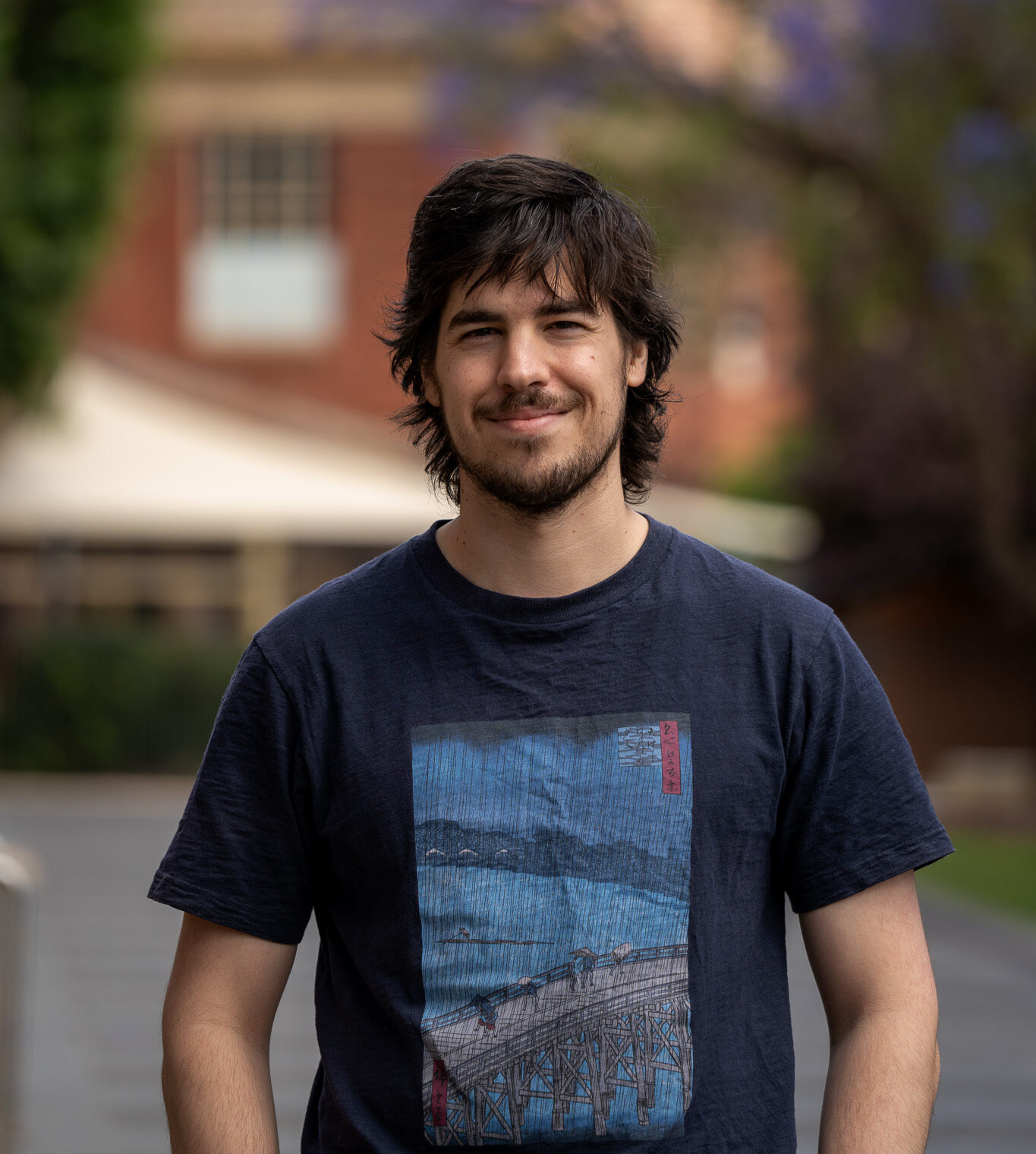Admir Bajraktarevic
PhD Student
Project
Optimisation of low-light quantum imaging with single-photon detectors and computational algorithms
University
Adelaide University
Industry Partner
Single Quantum
The Problem
Superconducting nanowire single-photon detectors (SNSPD) have revolutionised low- light and single photon detection. There are a few companies in the world marketing these systems, but none in Australia. These detectors work at cryogenic temperatures, typically in the range of 15K, but some as low as sub-1K. While low temperature operation requires additional size, weight, and power, the trade-offs are single photon quantum efficiencies above 90% and jitter as low at 15 ps. They are state-of-the-art. The lack of a national SNSPD technology in Australia is a problem leading to long lead-times bound up in supply chain issues, and reducing changes in flexibility and customisation. An additional problem is the inability to translate these detectors to integrated photonic circuits (IPCs). IPCs are like integrated chips, but optical based. For robustness and scalability quantum technology designers want to integrate optical functionality onto a photonic chip, including the detector. This is unavailable in Australia and in commercial companies world-wide.
The Solution
Construct SNSPDs in our cleanroom laboratories on the UoA campus. With guidance from one of the most successful producers of these detectors, we will build NbN superconducting detectors. We will first deposit NbN and optimise its superconducting properties, then fabricate nanowires for single-photon detectors. Detectors will be fabricated for wavelengths associated with biological imaging. Here, the high detection efficiency is useful because the illumination source can be reduced, reducing the damage threshold for live biological imaging. SNSPDs will also be fabricated for a related quantum light source project, Project 3.3. Integration on a simple IPC will also be part of this project. We expect that a successful project will lead to Single Quantum considering a branch in Australia.
